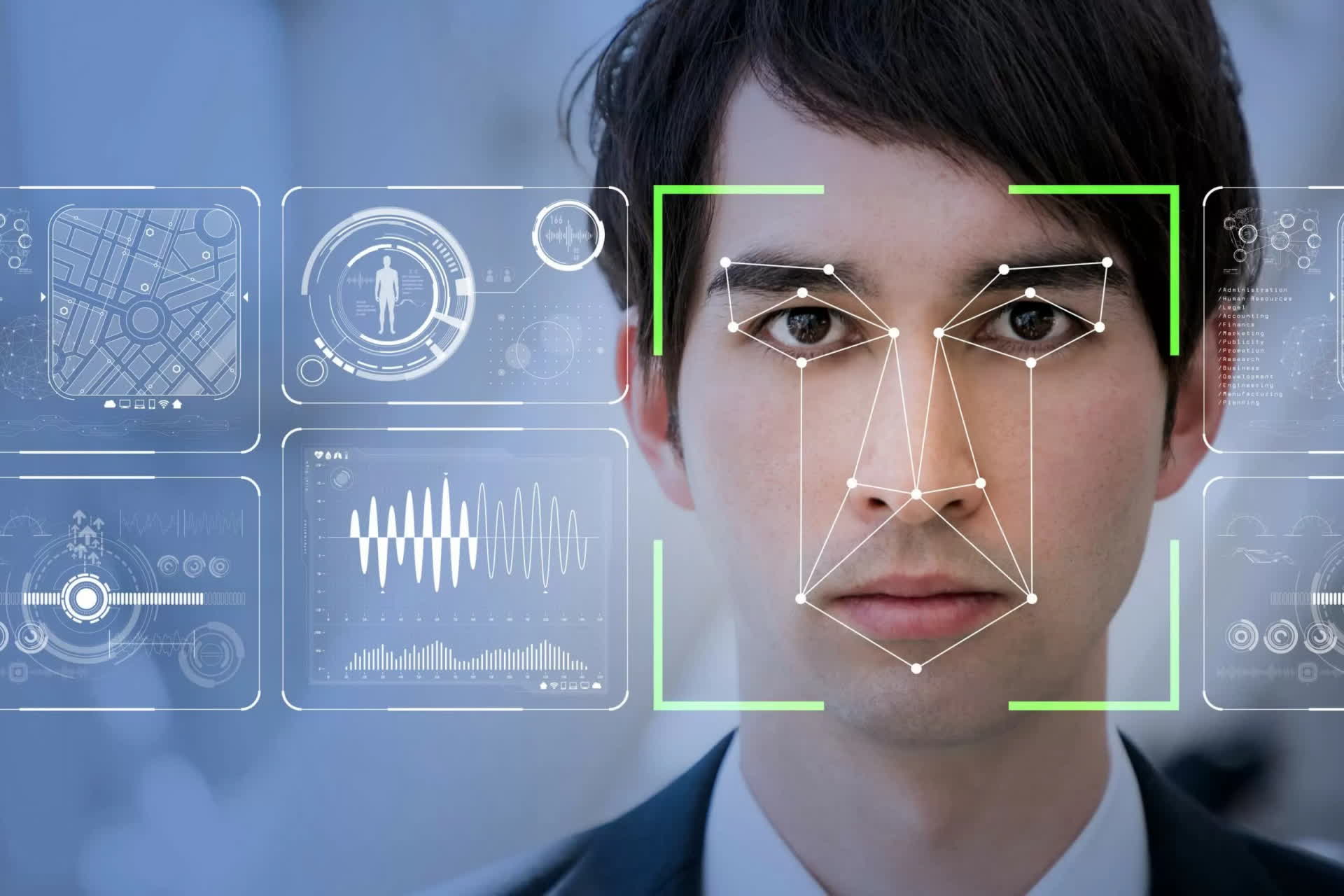(Lack of) privacy: Maintaining privacy has become increasingly difficult in the digital era. Automated data scraping bots scour the internet for photos, phone numbers, email addresses, and other personal information, funneling it all back to their owners for re-sale. As it turns out, some US Senators don't care for this practice -- particularly when the customer is the government itself -- and are seeking to put a stop to it.

Twenty US senators have banded together to draft a bipartisan bill, called the "Fourth Amendment is Not For Sale Act," could close a legal loophole that allows companies like Clearview AI -- a facial recognition tech firm -- to sell Americans' information to law enforcement and intelligence agencies.
According to Senators Ron Wyden (D-Ore) and Rand Paul (R-Ky), current privacy laws don't apply evenly across all data transactions -- whereas companies that have "direct relationships with consumers" are subject to stricter rules, data brokers can sell data to government entities "without any court oversight."
"This bill... ensures that the government can’t use its credit card to end-run the Fourth Amendment."
"Doing business online doesn’t amount to giving the government permission to track your every movement or rifle through the most personal details of your life," Wyden said in a statement. "There’s no reason information scavenged by data brokers should be treated differently than the same data held by your phone company or email provider. This bill closes that legal loophole and ensures that the government can’t use its credit card to end-run the Fourth Amendment."
It’s time to safeguard Americans’ privacy from federal overreach once and for all. My bill is the way to do it. #4thAmendmentIsNotForSale https://t.co/JEEz6B0IjF
— Ron Wyden (@RonWyden) April 21, 2021
Some of the data Senators are hoping to block law enforcement agencies from buying include facial recognition and location information, but the wording of the bill is much broader than those two categories alone.
Wyden specifically calls out Clearview AI for "illegitimately" obtaining internet users' data, implying that the firm gathers photos via "deception, hacking, violations of a contract, privacy policy, or terms of service."
We'll be reaching out to Clearview for comment, and will update this article if we receive a response. In the meantime, you can read the Fourth Amendment is Not For Sale Act in its entirety for yourself right here.
https://www.techspot.com/news/89407-bipartisan-senate-bill-would-block-law-enforcement-agencies.html